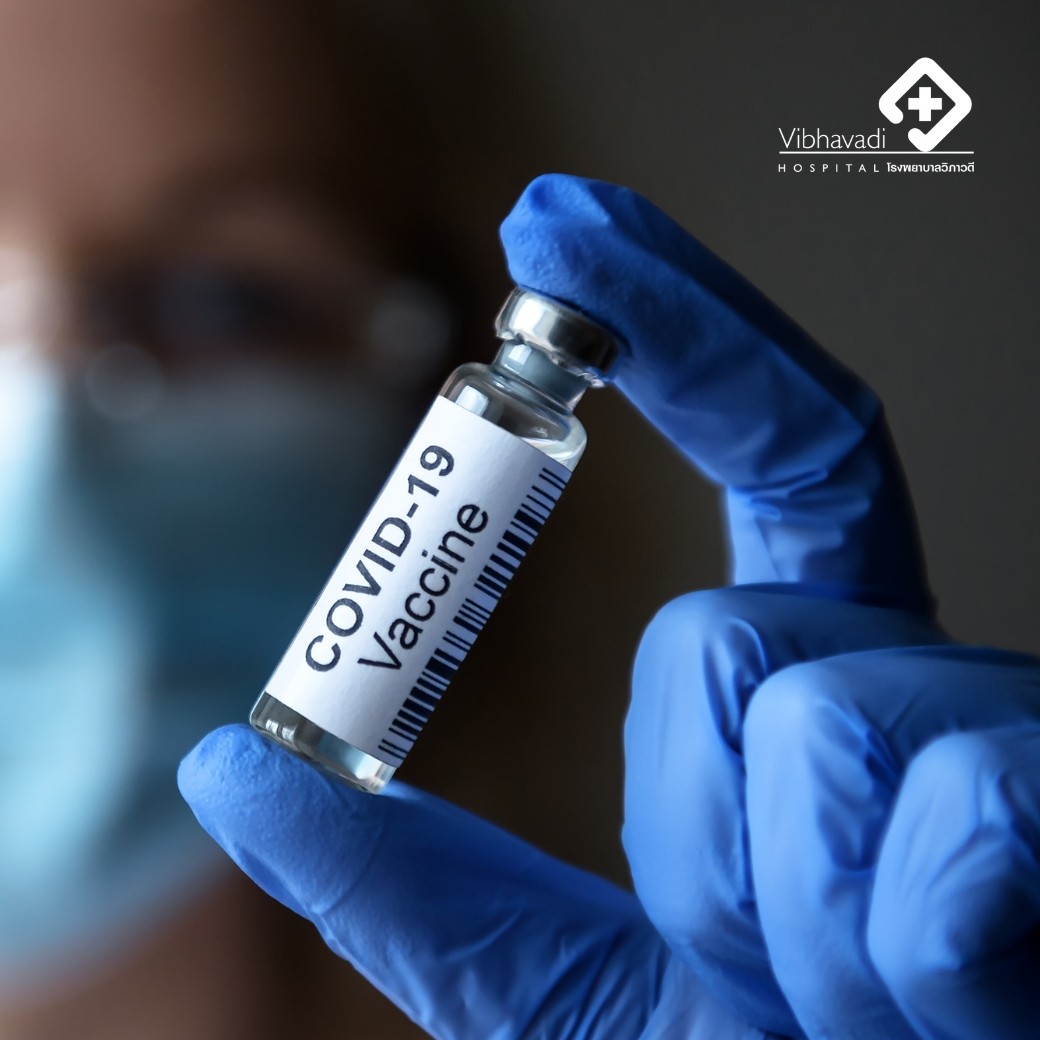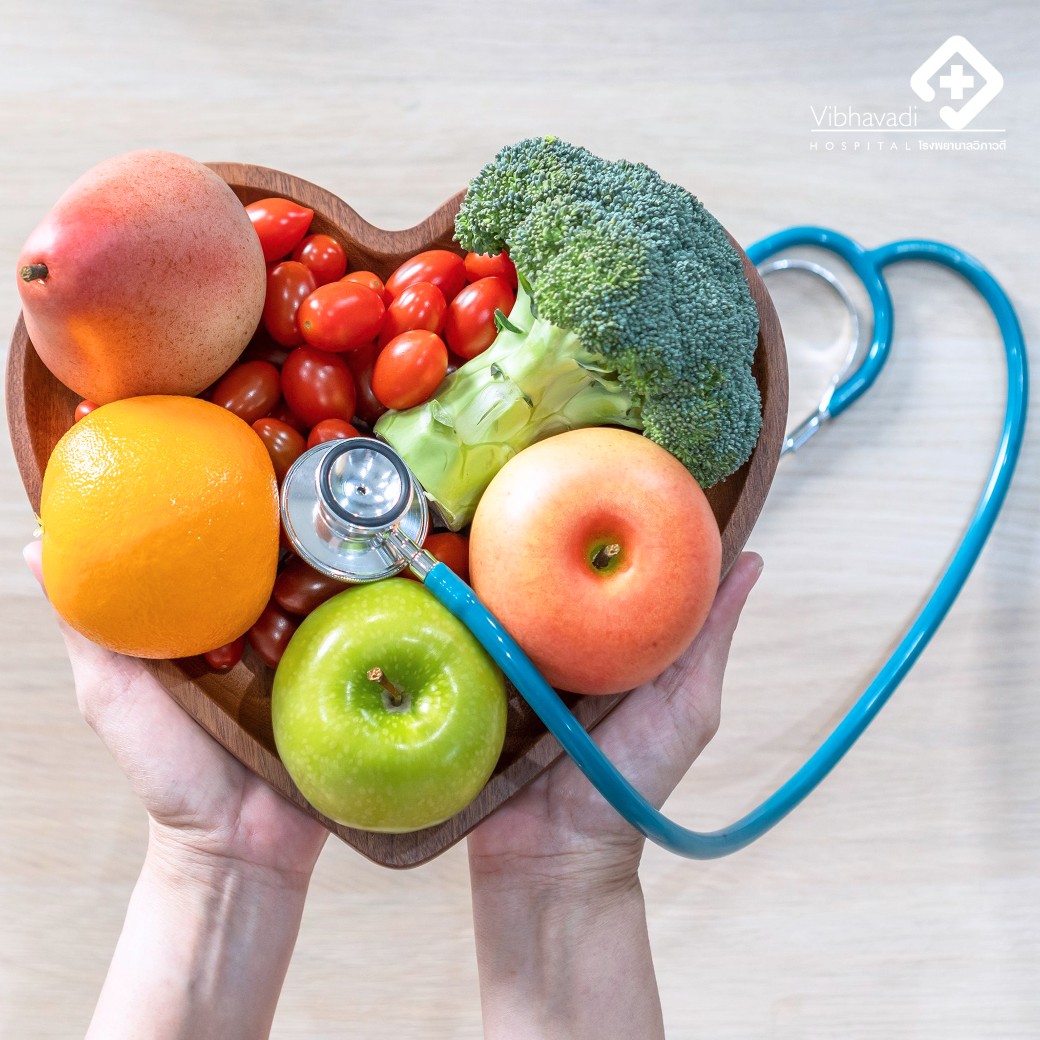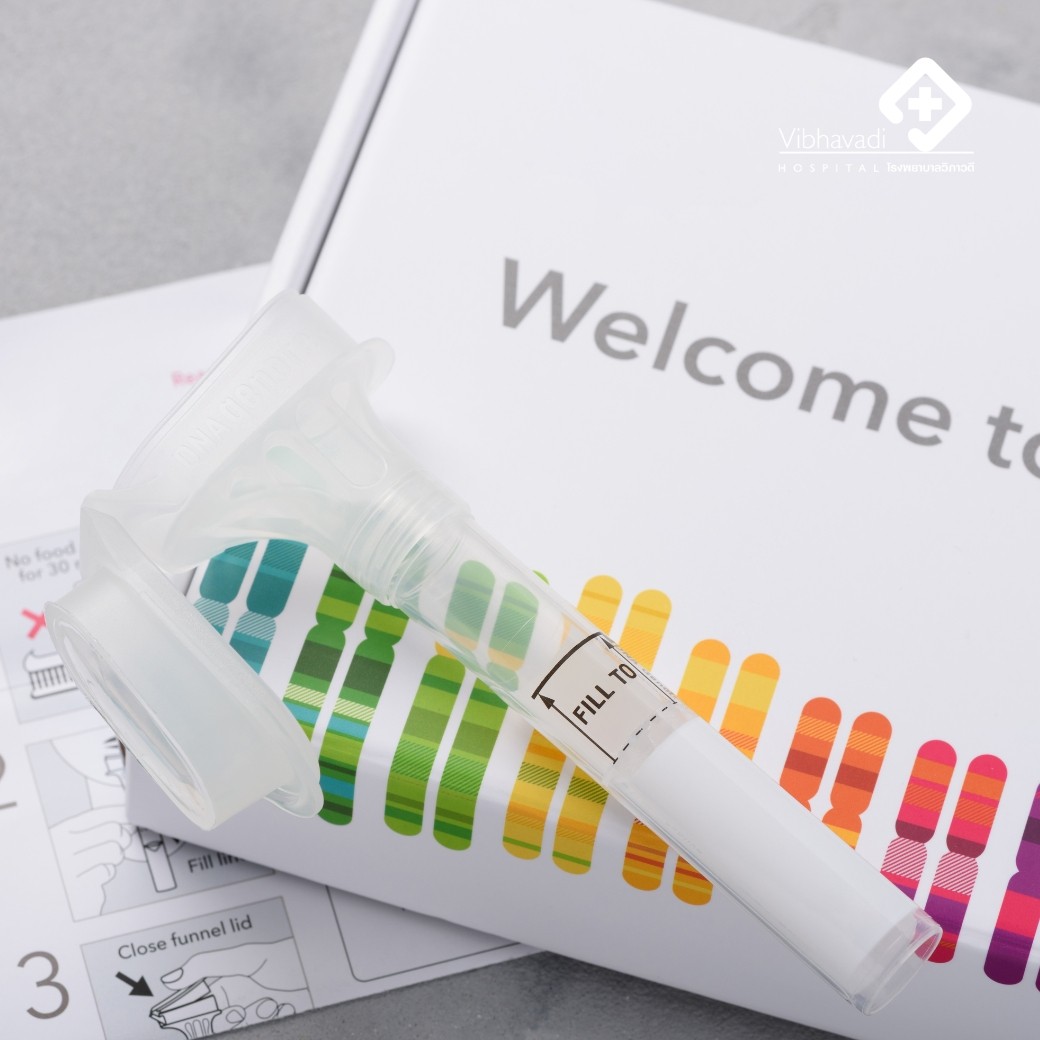
Getting vaccinated against COVID-19 is more beneficial than not getting vaccinated.
The Benefits of COVID-19 Vaccination Over Not Getting Vaccinated
- Provides better protection against infection compared to not being vaccinated.
- Reduces the risk of developing Long COVID.
- Lowers the chance of severe symptoms.
- Decreases the likelihood of hospitalization and death from COVID-19.
Elderly individuals and those with chronic diseases are at a higher risk of severe illness or death from COVID-19. Most fatalities occur in high-risk groups who have not been fully vaccinated or have not received booster doses.
Currently, the latest recommendation for COVID-19 vaccination is with the monovalent XBB.1.5 vaccine, intended for those requiring additional protection. Here are the guidelines:
- For individuals who have never been vaccinated (regardless of whether they have had COVID-19 or not), it is essential to receive at least one dose of the latest COVID-19 vaccine.
- For those who have previously received the original (Wuhan strain) vaccine or the bivalent vaccine (covering both the Wuhan and BA strains), they should receive the latest COVID-19 vaccine at least once a year. The new dose should be administered at least 3 months after the last vaccine dose or infection, regardless of how many doses they have received before.
The following groups are advised to receive the vaccine:
2.1 High-risk groups:
- Individuals aged 60 and above, pregnant women.
- Patients with certain chronic diseases such as chronic lung disease, liver disease, diabetes, cancer, obesity, stroke, heart, and vascular diseases.
- Those at higher risk of exposure or spreading the virus, such as healthcare workers, caregivers for high-risk individuals, and laboratory personnel handling viruses.














